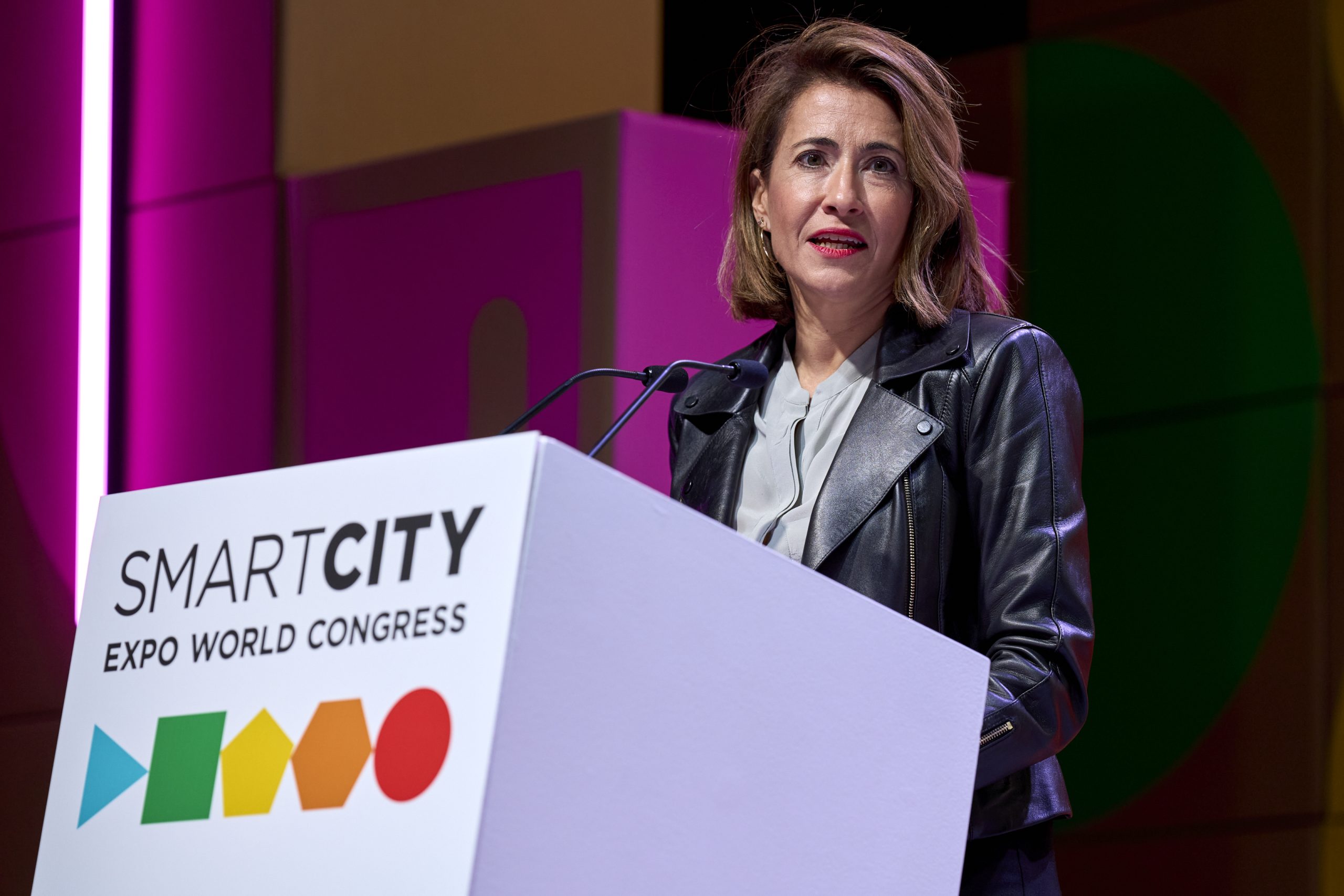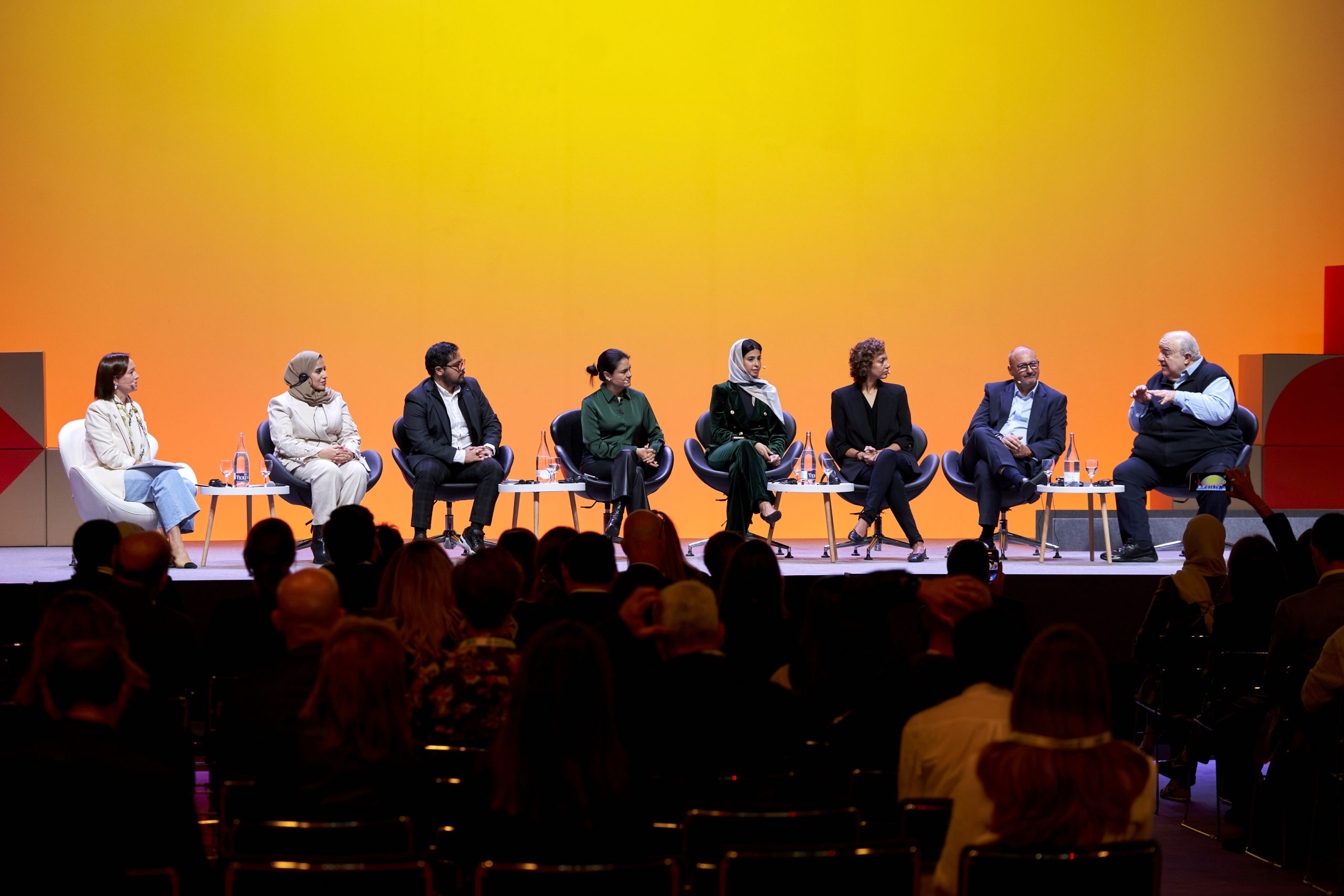Author | Jaime Ramos
What is known as the fourth industrial revolution is providing cities with highly valuable technological innovations. However, many of the challenges of these tools lie in the way in which they are used. How to use them effectively? Part of the answer lies in new urban governance models.
In fact, technology is also inspiring, but not in such a striking way, new smart governance models based, for example, on the advantages of e-government. These new models, therefore, aim to go beyond modernizing government in order to merge into the actual institutional genetics of cities.
CHALLENGES OF SMART CITY GOVERNANCE
New governance models aim to tackle some of the challenges facing today’s cities in their own institutional infrastructures. The report by the Organization for Economic Co-operation and Development (Smart City Data Governance: Challenges and the Way Forward) may help us to distinguish some of these:
- Inability to absorb, analyze and manage vast quantities of data and information provided by new digital instruments.
- Insufficient economic and financial resources.
- Lack of qualified personnel to assume these tasks.
- Lack of application of a security framework required by big data management.
- Constructing flexible and adaptive models capable of establishing real solutions for communities at a local level.
INNOVATIVE PRACTICES FOR URBAN GOVERNANCE
The most innovative governance models tend to work in these areas:
E-governance
To date, technological advancements have affected the way in which we interact with the government. The digitalization of government through e-governance models allows the provision of urban services within a new framework, one which, in theory, is more participative, transparent, efficient and resolute. This could be anything from completing a simple formality, to electronic voting (and the implications of this) or to cities that are already embracing virtual worlds in order to offer a new relationship experience between citizens and local government.
Adaptive governance
One of today’s major challenges. All of these processes resulting from the recent digitalization of local governments provide a vast quantity of data that can be used to tackle community challenges of sorts (sustainability, health, participation, etc.).
Adaptive governance is, in itself, a major challenge designed to provide precise responses to specific situations and include a plan containing a strategy to adapt to such changes. Today’s cities are encountering various problems in the management of these data: measuring results, understanding the importance or representativeness of the same or transferring the interpretation of the same to effective policies.
Given this situation, cities are choosing to develop granular urban governance models. That is, models that focus on the qualities of digitalization in specific areas, whether these are geographical or activity based.
“ALGORITHMIC” GOVERNANCE
Of course, having reached this point, the contribution of artificial intelligence technologies is inevitable. AI can help us simplify the aforementioned processes. However, the integration of the same requires the implementation of a framework which is still being developed today.
Companies such as Deloitte or NTT have developed their own models that aim to boost transparency, impartiality, privacy, security and responsibility. The potential of AI is undeniable, however, it also has its own dilemmas, bordering on the philosophical, such as the capacity to indicate to a community the policies it should follow.
While at an administrative level these models already exist, it is (still) difficult to place them at the forefront of urban governance models focused on leadership and strategic policy planning.
Images | Freepik/gpointstudio






















































